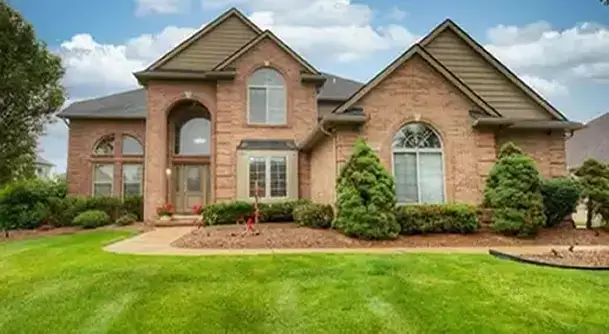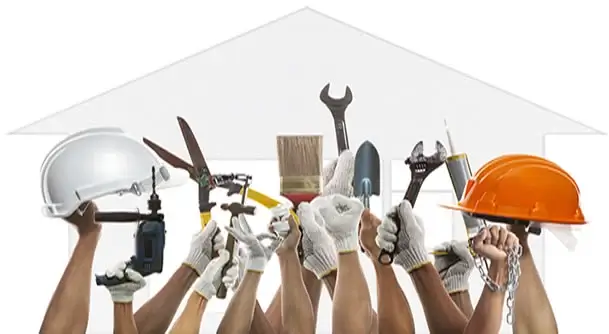Whats New
Independent Property Management (IPM) Whats New section.
This is where we post our latest news and updates. Click on the links below "Recent Post" on the left to get the latest information displayed on the right.
This is where we post our latest news and updates. Click on the links below "Recent Post" to get the latest information displayed below.

Recent Post
- No new news at this time, Please check back later.


